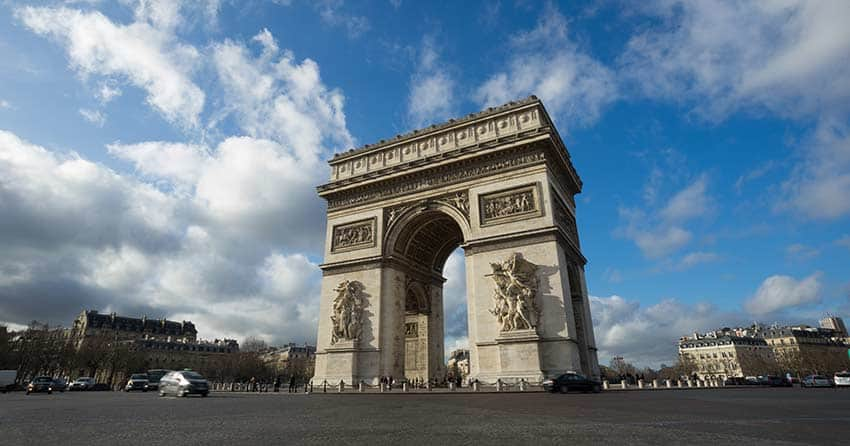Whereto France?

Rapid changes are taking place in the French political scene. A few weeks ago, it appeared that Francois Fillon of the Republican Party and Le Pen of the extreme right Front National could be the front runners of their respective parties to contest the French presidential polls. They were also leading in national voters’ choice.
Some political circles then had even predicted that Fillon would be the next President of France as, according to a poll, Le Pen is abhorred, by over 71% of French people. That meant that the Left including the Socialists could be out of reckoning in the French Presidential polls.
As of 1 February 2017, Marine Le Pen of the National Front is not only the choice of her party but also the national voters’ choice for the French presidential election with nearly 27% votes. In the second place has come up Emmanuel Macron, an independent centre-left candidate who earlier had about 20% voters’ choice votes but has now increased it to over 24%.
The Republican candidate, Francois Fillon who was the second choice earlier has dropped to the third position with about 20% votes in place of the 24% he got earlier. The drop has come following a charge that he ‘employed his wife for a total of €800,000’ as his assistant. An investigating team has suggested the launching of a preliminary inquiry into misuse of public funds against him. The accusation is that she did not do any work but was nonetheless paid. Corruption is also rampant in the first world countries!
Manuel Vals of the Socialist Party who had received about 12% voter’s choice votes earlier and won the party vote as the presidential candidate was on 29 January roundly trounced by his party colleague Benoỉt Hamon who won 59% of the party votes. He has also received nearly 17% voters choice votes in the national poll as the fourth biggest national vote getter. Jean-Luc Mélenchon of the Party of the Left is a distant fifth with about 10% voters’ choice. Green Party candidate Yannik Jadot is in the sixth position with barely 3% of voters’ choice.
But if the Left is able to put up a joint candidate, the situation might change again, the French voting scene being highly volatile. As of now, Le Pen is leading on the national scale which does not bode well for France. To what extent Brexit and election of Donald Trump will influence the French voters in the actual voting is yet to be seen.
The actual voting in the first round for the presidential election will take place on April 23 and the second round on 7 May. According to French election rules the candidate must have the written support of 500 elected representatives, including mayors and deputies besides enough financial backing, to contest the election.
The two-rounds of polls in France, in case a first round does not provide a majority of over 50%, provide a period of rethinking. It is not the highest vote gainer among the candidates who wins irrespective of the percentage. The run-off takes place between the two top vote earners only.
This is however only first hurdle in the French elections – presidential and parliamentary. After the President is sworn in, he will have to announce his team. This will be followed by elections to the National Assembly on June 11, to be followed by the second round on 18 June in case a full majority is not attained in all seats in the first round. If Le Pen wins as a President, the voters then might decide to elect a centre-left National Assembly. The President then can rule only with much opposition.
France will then face a big question -- Quo Vadis – where you are going? – as Henryk Sienkiewicz asked in his famous novel under the same title. France which at one point of history had called for Liberté, égalité, fraternité (Liberty, equality and fraternity) is now rapidly moving towards racial hatred and inequality phobia straining its social sinews.
